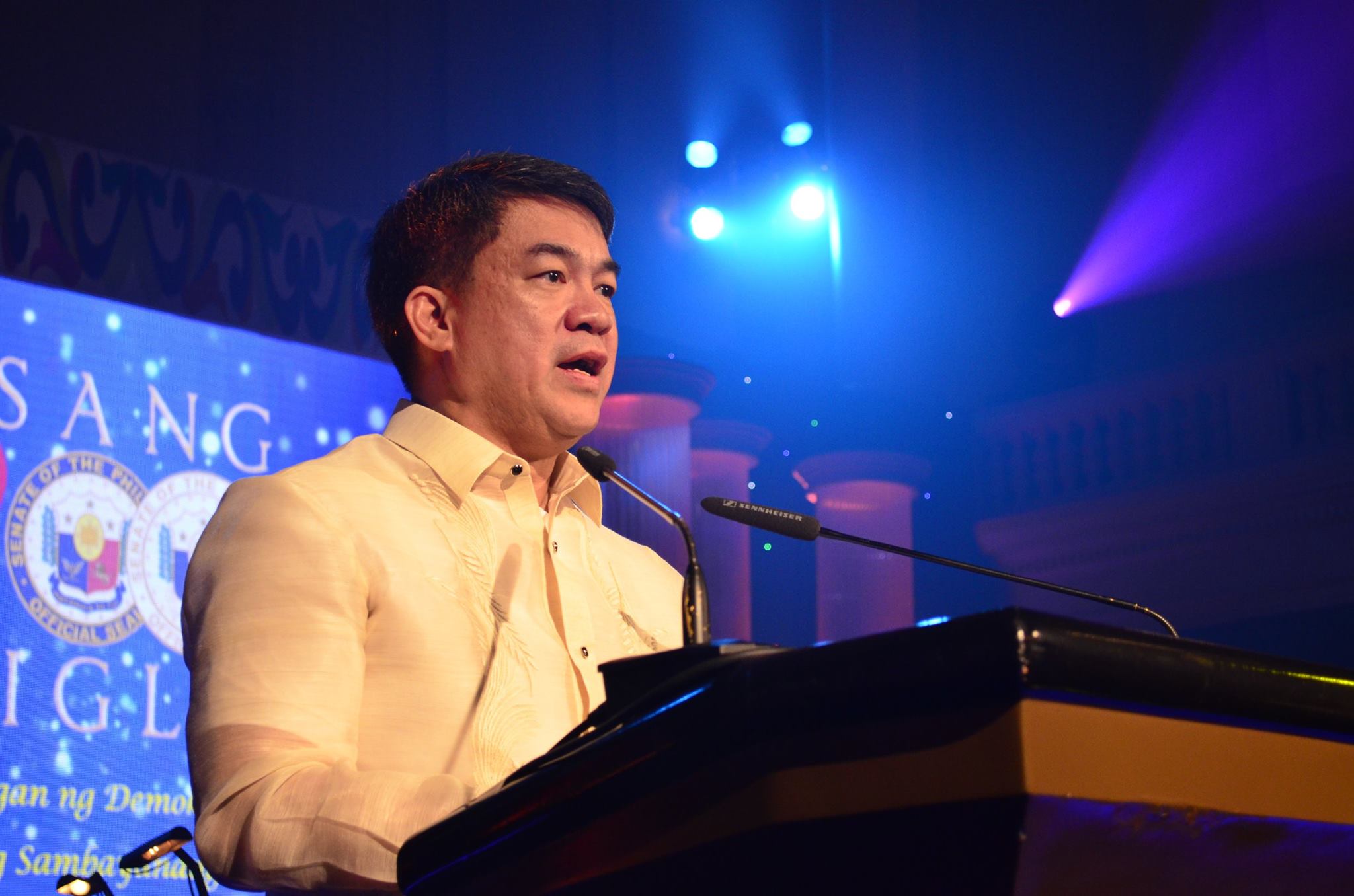Breaking
PHL affirms full support for oceans global agenda

The Philippines has affirmed its full legislative support for the global agenda to conserve and sustainably use the oceans, seas and marine resources as a vital ecosystem to ensure human survival and sustainable development. (Photo: Senado100/Facebook)
MANILA—The Philippines has affirmed its full legislative support for the global agenda to conserve and sustainably use the oceans, seas and marine resources as a vital ecosystem to ensure human survival and sustainable development.
The Department of Foreign Affairs on Thursday said Senate President Aquilino “Koko” Pimentel III reiterated before fellow parliamentarians during the February 13 and 14 meeting the Philippine government’s commitment to the 2030 Agenda Sustainable Development Goal 14, which focuses on the oceans, seas and marine resources.
Senate President Pimentel led the Philippine delegation to the annual parliamentary hearing of the Inter-Parliamentary Union (IPU), the global organization of national parliaments and lawmakers that works to establish democracy, peace and cooperation among peoples.
Almost 140 national parliaments are members of the IPU.
The Philippine delegation included Representative Francis Gerald Abaya (First District, Cavite), vice chair of the House Committee on Climate Change.
In his statement, Pimentel informed the meeting of the Duterte administration’s efforts to address climate change and ocean pollution by prohibiting the indiscriminate discard of plastic wastes and by closing certain mining companies whose toxic tailings have severely affected some of the country’s watersheds, rivers and coasts.
“We have a concept in the Philippines called “Ridge to Reef” which we use in our disaster preparedness planning,” Senate President Pimentel said.
“Because of what we learned [in this meeting], I will amend this concept … to make it “Ridge to Ocean”, and that from now on, all kinds of planning in the Philippines must include the oceans,” he added.
This year’s topic seeks to provide parliamentary input to the high-level oceans conference to be held at the UN from June 05 to 09, which experts believe can become the game changer that will reverse the decline in the health of the oceans, and synergize the oceans’ relationship with other 2030 Agenda goals such as climate change mitigation, sustainable consumption and production patterns, hunger and food security, health risks linked to pollution and other harmful materials, and governance and the rule of law.
The Senate President engaged UN experts who supported the feasibility of his idea of a central agency responsible for all water issues including the oceans.
The oceans conference will involve relevant stakeholders and bring together governments, the UN system, other intergovernmental organizations, international financial institutions, non-governmental organizations, civil society organizations, academic institutions the scientific community, the private sector, philanthropic organizations and other actors, to assess challenges and opportunities relating to, as well as actions taken towards, the implementation of Goal 14.
The conference seeks to adopt a “Call for Action”, a concise, focused, inter-governmentally-agreed declaration that is presently being negotiated by UN diplomats.
It also intends to generate a list of voluntary commitments by Member States for the implementation of Goal 14.





















